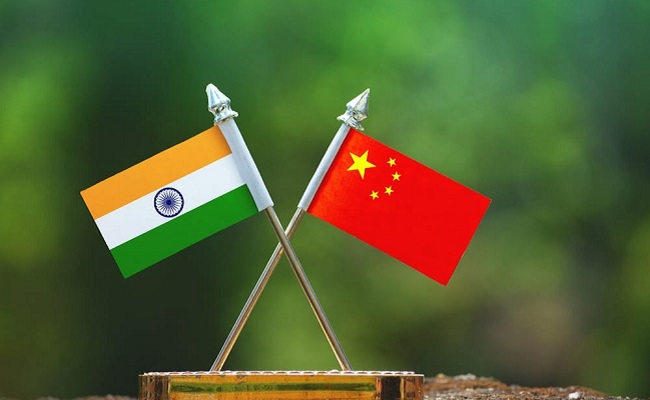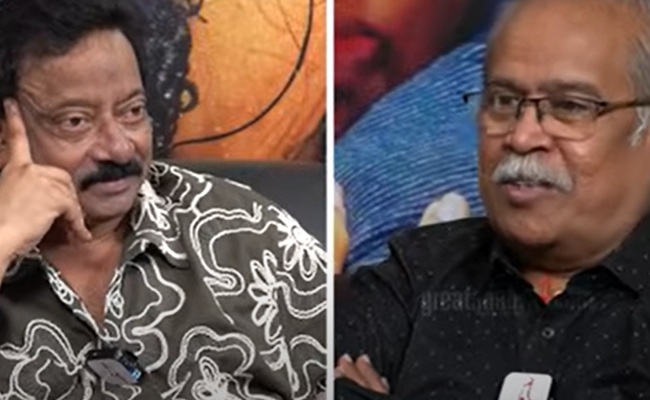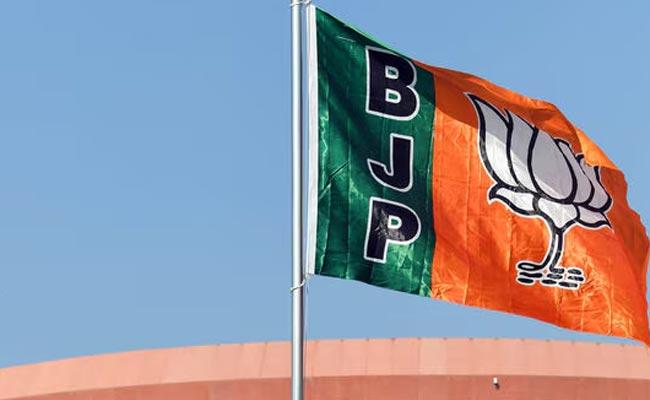
Famously known as 'Rajni' for his unique accent and 'Jingle' for his jovial nature among his classmates and friends, Colonel Santosh Babu remained in the frontline and was mortally wounded in the attempts to ensure withdrawal of Chinese troops from the Indian soil on June 15.
He finally succumbed to his injuries, along with 19 other brave soldiers who fought against the Chinese intrusion in the icy heights of Galwan Valley in Eastern Ladakh.
Since then, there has been a strong build-up against the Chinese goods in the country and unlike a trade war where barbs are exchanged over taxes and custom duties (like the US-China trade war and Huawei being sandwiched in between), India is currently witnessing a border situation amid rising public sentiment to avenge the brutal killing of 20 soldiers.
The volatile situation puts a great onus on the Indian CEOs who represent firms which are headquartered in China and have invested in the country, along with those who have Chinese investments in their Indian firms.
The time tells them to observe utmost silence, show solidarity and stay focused on their work and keep a low profile on social media which is a brutal boxing arena in its own way, along with traditional media outlets.
According to experts, making insensitive or disrespectful comments at this juncture that stir up consumer sentiment would only boomerang, harming them more in the long run.
"Indian CEOs who work in companies that have their headquarters in China or those who work in companies heavily invested in by Chinese conglomerates should desist from making derogatory and insensitive comments and keep their control," Virag Gupta, a lawyer who is arguing the case in Supreme Court for data localisation in India, told IANS.
On Saturday, the Confederation of All India Traders (CAIT), which represents seven crore traders and nearly 40,000 trade associations in the country, slammed Manu Kumar Jain, Vice President, Xiaomi and Managing Director, Xiaomi India, for hurting the sentiments of millions of Indians by saying that the boycott Chinese sentiment exists only on social media and is a result of "mob mentality".
Taking serious exception to the recent statements by him, CAIT National President B.C. Bhartia and Secretary General Praveen Khandelwal said in a statement that his comments were "most insensitive and disrespectful".
Bhartia and Khandelwal said that since the Chinese attack on the Indian soldiers, most Chinese CEOs in the country have remained silent and not made any comment to aggravate the situation.
The problem is even bigger if we look at it from a global perspective.
"India is one of the biggest consumer markets and the world's biggest MNCs -- from China to the US -- look at us only from the lens of a big bazaar where they can come, sell, make money and prosper," said Gupta.
These multinational companies are not even taxed properly in India.
"The top 15 Internet companies alone have amassed a value of over Rs 20 lakh crore due to their Indian users. The companies' value could be a major chunk of the Indian economy, but is serving no purpose to Indians," he stressed.
The Indian CEOs of the China-based firms need to soul-search, remain in control of their acts and should not let their aggressive market approach disturb the current, delicate mind of the nation which seeks some hard answers from the government.













